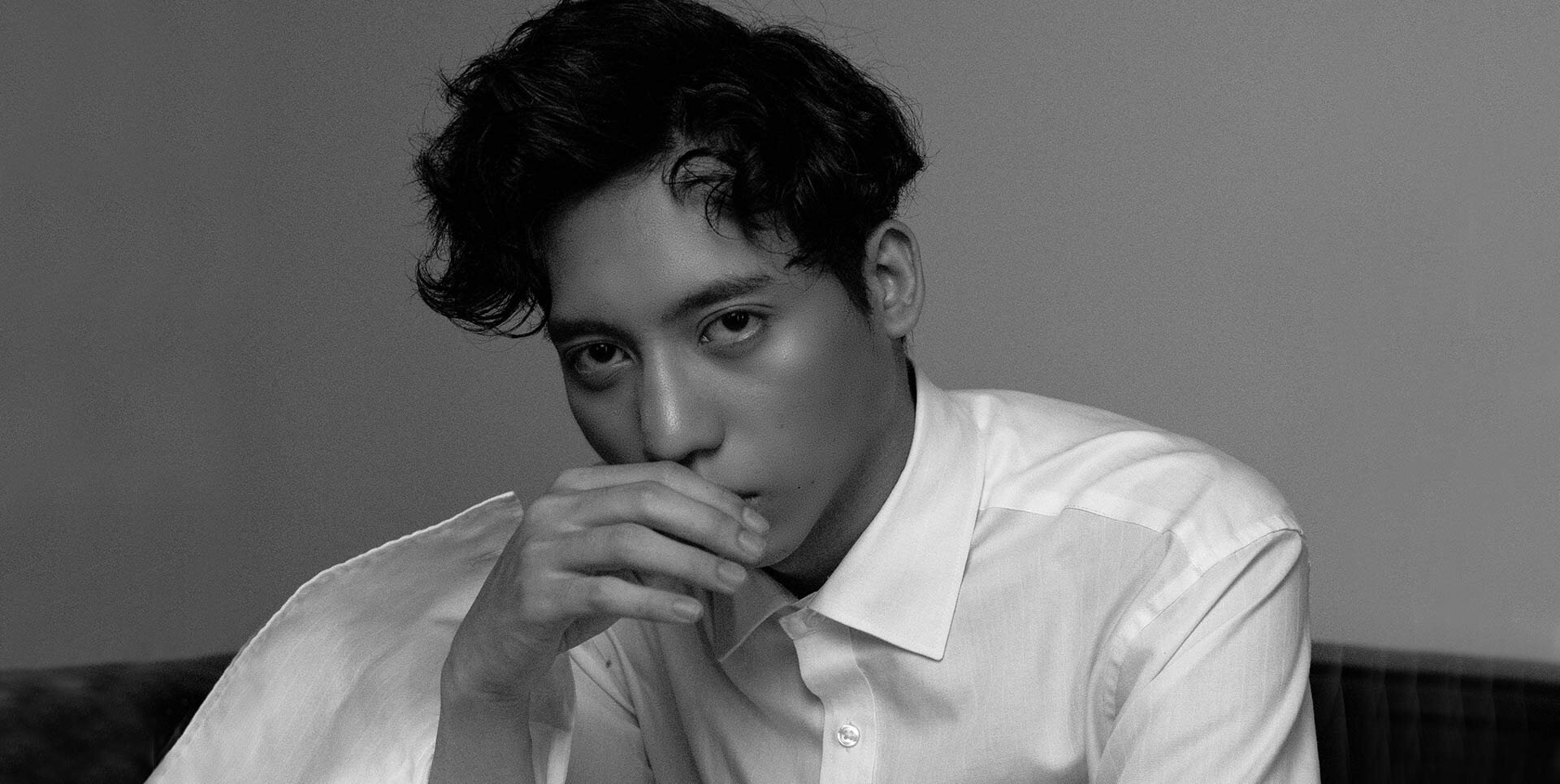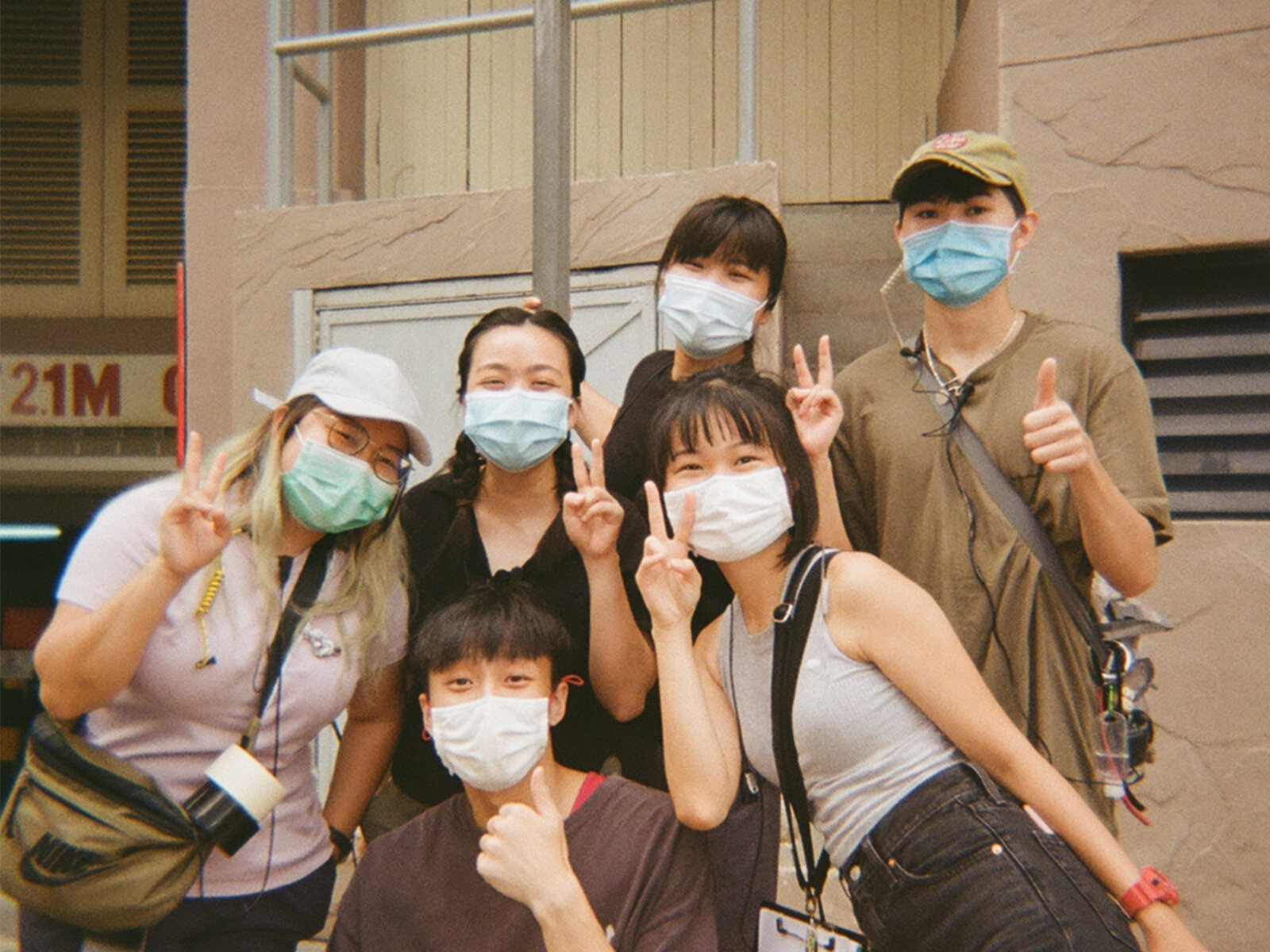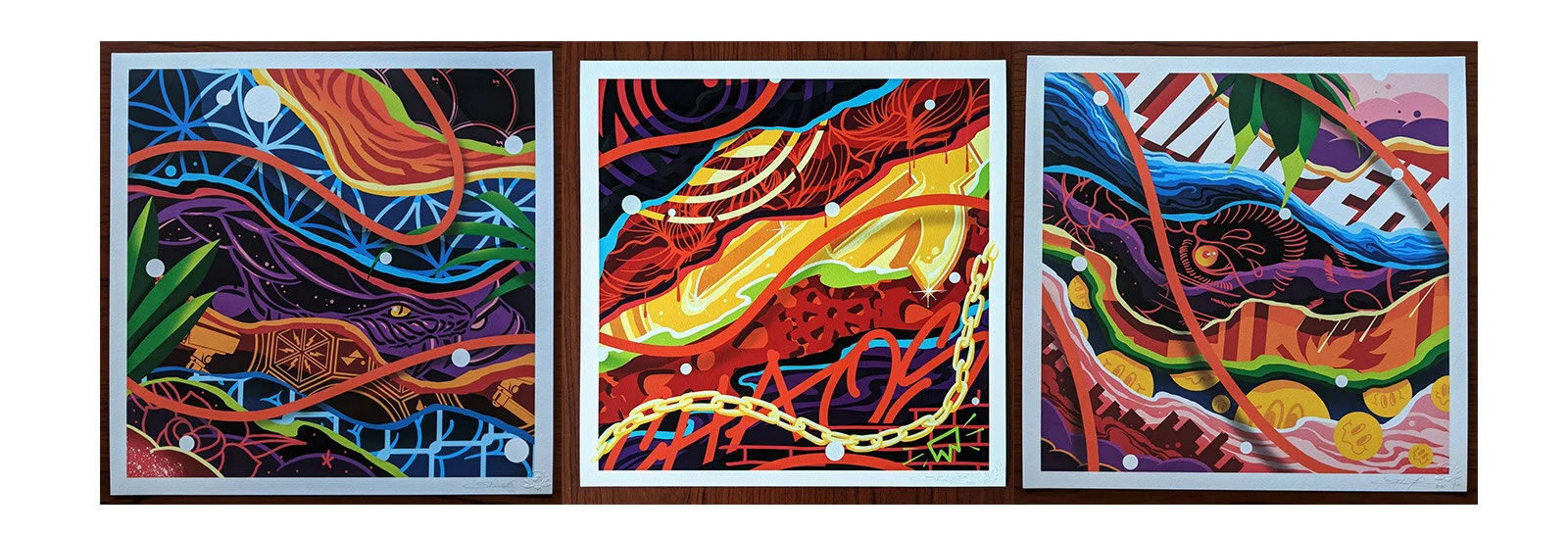“Don’t wear something just because it’s trendy, wear your identities on your sleeve.” This was something you said in the video, so what is your identity and how do you wear it on your sleeve?
I use fashion as a form of self expression from how I style myself to my designs- staying true to myself and not conforming to how others expect someone to dress, regardless of culture and gender.
Going into fashion is a pretty unconventional route, what drew you to this path?
Doing fashion is where I most myself. I really do love the process of designing and making, from the concept to finished garments. Having the freedom to go crazy artistically but also balancing out functionality (of garments).
What is the most challenging thing about being a designer in Singapore? And what is the most fulfilling?
SUPPORT! Having support in the creative scene in general is hard. Majority of creatives, be it artists or designers, are independent creators. Thus, financing and investing in their own work takes more time, and many compromise design elements and aesthetic just to fit into the mass local market in hopes to sell.
The most fulfilling thing is when someone can appreciate the work that goes into a garment made purely by myself without any design and artistic compromises.
I would be lying if I said that I don’t wish to be someone else, especially now during this crazy pandemic.
You have a very exciting and eclectic sense of self. How has your identity aided in your career? Or were there times you wished you were someone else because it would be “easier”?
I do wish at times that I pursued another route, because it is so hard to find a job in fashion. Fashion does not pay the bills. But also, I do love fashion so much that it is hard for me to let go. I do find myself giving excuses just to create. I am in love with the process that this is part of me now. For now, I have to do multiple jobs to keep myself afloat while trying my best to create, but I keep telling myself it will go the way I intend it to be sooner or later.
In your career as a designer, have you ever felt like you were boxed in or labelled by people?
Definitely! When I first started designing, I started of with doing Hari Raya clothes, bridal gowns and such- a very typical approach by a Malay designer. Nothing against Malay designers, but growing up in the Malay community, the majority of fashion designers do modest wear and bridal (styles), and people do expect me to go down that route as well.
While I was completing my degree in fashion design, I realised that my style and aesthetics are the total opposite of Malay culture and values. To respect my own culture, I stopped making Raya collections from 2019, as my own personal styles were a conflicting source of aesthetics and values (from my culture).
If you could say something you the younger version of you just starting out, what would it be?
It is a long journey, but just keep on creating as it fuels you to keep chasing your dreams. I’m nowhere near where I want and hope to be in my designing career, so that advice is still applicable now, but all I can say, even for now is that, one day I’m really going to make it.
What would success in your career mean to you?
To have my brand MAZ, available under a global luxury retailer and collections being showcased on VOGUE for every season that I’m designing.




















